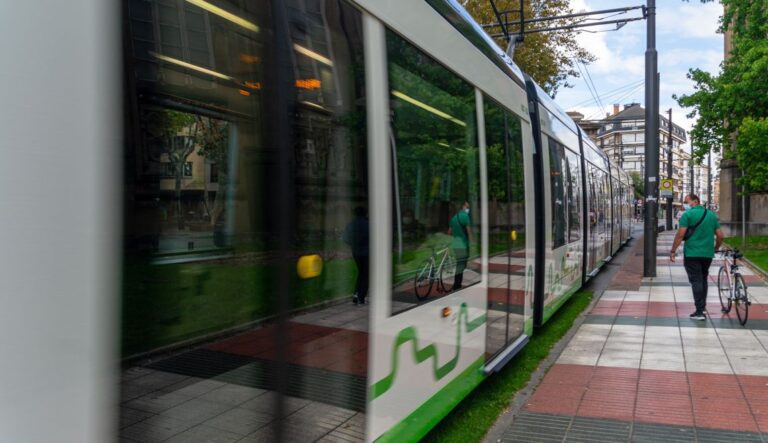
The dynamically changing world, and with it the society and its expectations, affects the rapid need to adapt to the new situation. The development of modern technologies, demographic and social changes, the emphasis on sustainable development and care for the natural environment affect changes in all aspects of life. Both the employer and the workplace must adapt to this changing reality.
Knight Frank has been analyzing the real estate industry for many years, with particular emphasis on the office, commercial and investment market. Our experts regularly prepare reports and substantive studies. This time, we have attempted to identify factors that have a significant impact on the office sector, which we share below:
Office space as a HR tool
The growing shortage of qualified specialists forces employers to accept a different style of work and expectations of young people. Organizations will have to offer less traditional ways of working, the ability to do it in alternative places, unconventional solutions used in the office and greater flexibility to attract and retain their most valuable employees. One of the trends currently observed in human resources management is the use of the potential of office space to motivate employees.
Pressure on sustainable development and ecological solutions
Public awareness of human impact on climate change is growing. As a result, social factors and regulations in the field of environmental protection affect organizations that from year to year attach more and more importance to the issue of sustainable development. Many corporations have responded to sustainability issues by reducing energy consumption, recycling and re-use of materials while expecting property owners to improve the energy efficiency of buildings and reduce their environmental impact.
Availability of technologies supporting cooperation
Using technological tools to communicate, store and manage shared data for remote work is nothing new. A novelty is the extension of these possibilities to cheaper and widely available devices. In order to have access to working materials and the ability to interact with co-workers in the 24/7 mode, the employee only needs a device with access to the Internet, which significantly changes his way of thinking about the workplace.
Social participation
Social participation – sharing with users the responsibility for space, treating it as common, belonging both to the owner and users, as well as consulting users of changes / events taking place within this space. The trends observed in this respect correspond to those that we observe in the city or society.
The growing dispersion of the organization
Companies are becoming more and more spatially and organizationally dispersed. This is due to the expanding location network as a result of outsourcing services and reducing the number of people employed on a permanent basis. As a result, the organization is increasingly a complex network of employees, freelancers, clients and subcontractors scattered around the world. Although most employees still travel to offices to work with their team, more and more people have the opportunity to work from other places, from coworking space, satellite offices, through work from home, to working in the client’s office space. Numerous organizations formalize programs introducing alternative places and work methods that combine new practices, non-traditional configurations and locations.
Innovation is the driving force of work and life
Modern organizations must be innovative. It means new products, services, organization and working methods, or new ways of thinking. If people work in permanent teams on the same issues, this favors the focus and development of “best practices”, but on the other hand, they tend to stagnate. In turn, the creation of places and programs in which people from different teams exchange views and ideas, can influence the way of thinking. Brilliant ideas and innovative solutions arise when people with different skills and experience can interact.
The sharing economy
It is an economic model in which people have the opportunity to rent or rent things belonging to other people. The great popularity of this idea led to its penetration into various sectors of the economy. More and more often you can meet with the rental / sharing of space and products, vehicles or accommodation. In practice, sharing economy means an increase in the number of freelancers for the office sector, sharing office space or office equipment with each other. It is a solution that gives organizations and employees the ability to respond quickly to changes.
VUCA
So the acronym concerning changeability, uncertainty, complexity and ambiguity perfectly reflects the evolving conditions that organizations have to overcome in recent years. More and more data and information around the world are generated and exchanged at unprecedented speed. This leads to an equally accelerated pace of change in almost all business areas. The idea of VUCA presents the context in which organizations operate and refers to how people perceive the conditions in which they make decisions, solve problems and plan the future.
AGILE
It is an agile way of working of modern technology companies that are aware that innovation and the ability to quickly create solutions tailored to the needs of customers are key on the market. It is an approach that includes many flexible ways of managing work requiring strong cooperation with the client. The idea was born in technology companies as a way to create IT solutions, but its success caused that organizations from other sectors are going in the footsteps of the technology industry. As a result, this approach is one of the most popular ways to manage projects in the world.
The changing nature of work
The changing nature of work directly affects the workplace, because the physical workplace is much more than the office and furniture. It is important how people work, how they are managed, what technologies they have access to. Research shows that young generations treat office space as a tool for work, not as a symbol of hierarchy. As a result, preferences about character and place of work change. The key factors are now the flexibility and cooperation with the team using modern technologies instead of the traditional model of individual work at the desk. The office, which previously offered primarily desks for individual work, gradually evolves into a space for cooperation and information exchange.


